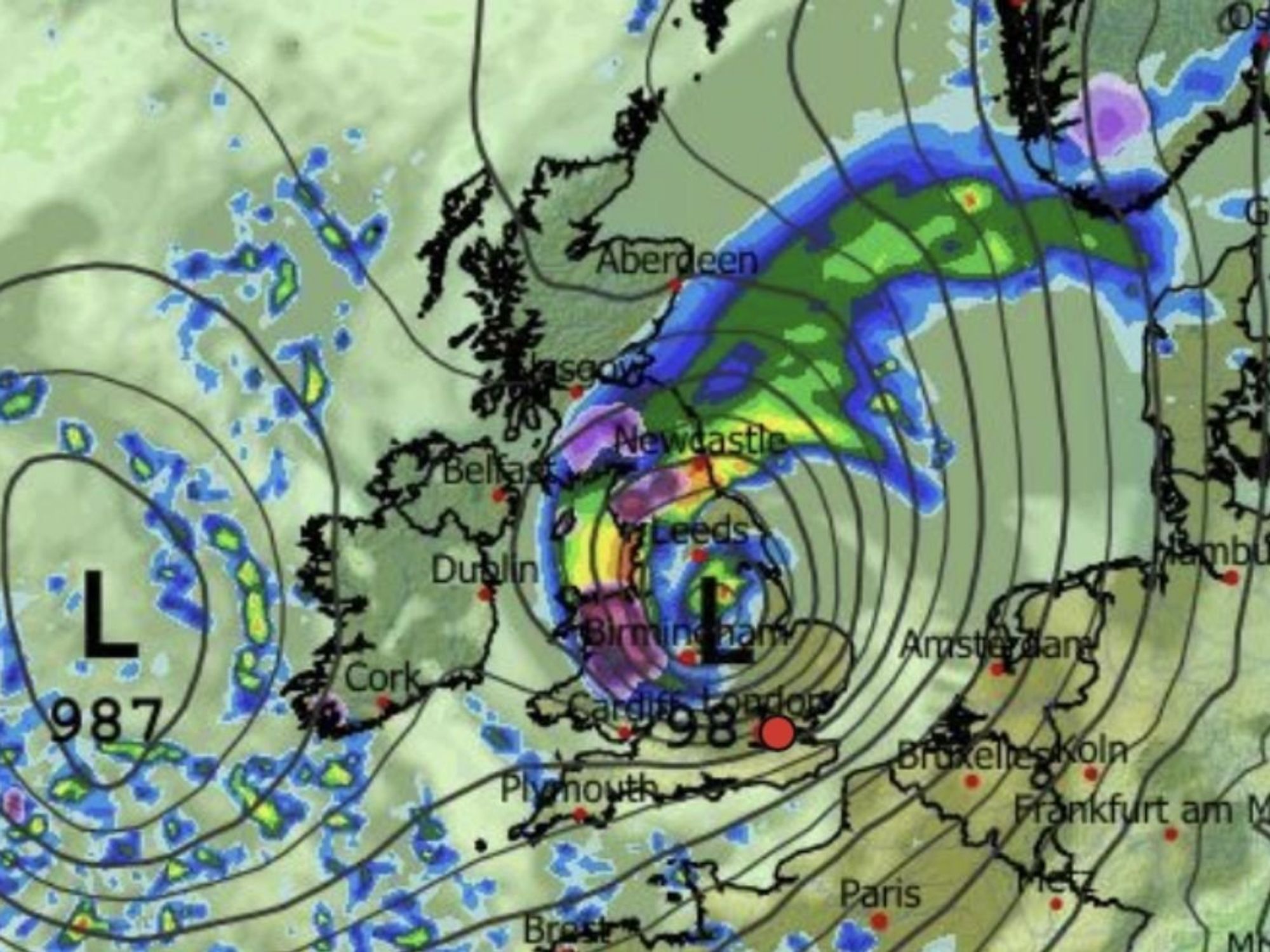Andrew Doyle: We should stop letting activists get away with redefining words to suit their political purposes

By Andrew Doyle
Published: 30/01/2022
- 21:15If you believe some commentators and politicians, everyone is a fascist these days
Don't Miss
Most Read
Have you noticed that everyone’s a fascist these days?
You voted Tory? You’re a fascist. You supported Brexit? You’re a fascist. You believe that biological sex is real? You’re a fascist. You’re a truck-driver in Canada? You’re a fascist. You don’t want to wear a mask? You’re a fascist. You do want to wear a mask? You’re a fascist. The list is endless.
In fact if social media is anything to go by, there are more fascists living in the UK today than than ever existed in 1930s Germany. Very troubling. And strange as well, because I don’t know any fascists. I don’t think I’ve ever met one.
Except for that woman who works at Waitrose delicatessen who keeps giving me the smallest broccoli quiche. And yet I’m continually seeing online activists proclaiming that they are ‘anti-fascist’ in their Twitter bios. But my default assumption of everyone is that they’re opposed to fascism, so I find the claim a bit suspicious.
Declaring yourself to be ‘anti-fascist’ is a bit like wearing a badge saying ‘I am not a sex offender’. It makes people wonder what you’re hiding. And it’s not just people on Twitter. Politicians and media commentators do exactly the same. Paul Mason wrote a whole book called ‘How to Stop Fascism’ in which he revealed that he doesn’t know what ‘fascism’ means.
The academic Judith Butler argued that gender-critical feminism represents, quote, ‘one of the dominant strains of fascism in our time’.
The film critic Mark Kermode seems to believe that GB News is a ‘far-right echo chamber’, even though many of the panellists, presenters and people who work here, not to mention many of the guests we invite on to the shows, are on the left. For a far-right right echo chamber we seem to platform an awful lot of left-wing voices.
Political columnist Owen Jones seems to think fascists are absolutely everywhere, which makes me concerned about the kind of people he’s associating with. Where are all these fascists exactly?
All I can conclude is that they must be hanging out at the offices of the Guardian.
Most people understand fascism as an authoritarian political movement of the twentieth century that pushed an extreme nationalism combined with claims of racial purity and a militaristic repression of dissent.
Today, people say you’re a fascist if you don’t think biological males should compete in women’s sports, or if you support the principle of free speech, or if you voted to leave an undemocratic supranational trading bloc. Labour MEP Julie Ward, for instance, explicitly called Brexit a ‘fascist coup’.
This is known as ‘concept creep’, where generally understood terms have their definitions gradually expanded. Of course if you redefine what ‘fascism’ means you can claim that anything is fascist.
I could say that owning a chinchilla is fascist, and thereby justify throwing Molotov cocktails at Pets at Home. But just because I’ve decided something is true doesn’t mean that it is.
The reality is that fascism is, thank God, in terminal decline. Has been for decades. True, there are small groups of reprehensible individuals who fall into this category, but they’re very much on the fringes of society, which is where they should remain.
Those who pretend that fascism is mainstream are inadvertently helping to promote this reactionary minority. Because surely what actual neo-Nazis want us to believe is that their movement is more popular than it is. Inevitably, the accusation of ‘fascism’ is often used as justification for No Platforming certain individuals or trying to get them fired from their jobs. It’s a key tactic of cancel culture.
If a speaker is coming to your university and you don’t agree with what they’re likely to say, just smear them as a fascist and get the event cancelled. And it works. Because when the policy of ‘No Platforming’ was created by the NUS in 1974, it was specifically designed to keep fascists off campus. But this policy only works if everyone is in agreement about what the word means.
Even in 1974 some people were warning that this would eventually be used as a pretext for censorship, and they were right.Of course the redefinition of ‘fascism’ for political ends is nothing new.
Back in 1944, George Orwell wrote that the word ‘fascism’ had become entirely meaningless because of the way in which it was being recklessly thrown around.
And the problem is that we do *need* this word to retain its original meaning, because the people it describes are dangerous. So we should stop letting activists, politicians and members of the commentariat get away with redefining words to suit their political purposes. It’s childish, it’s historically illiterate, and it provides cover for actual fascists.
And why would anyone want to do that?











